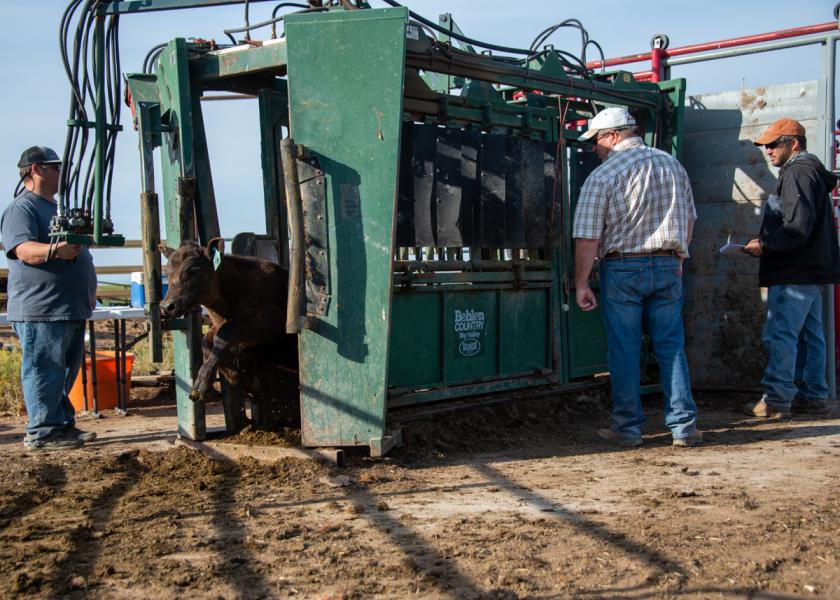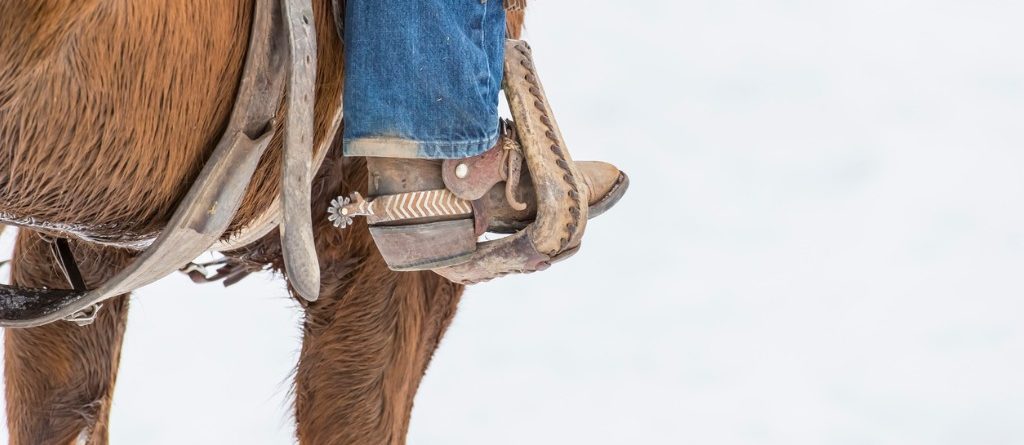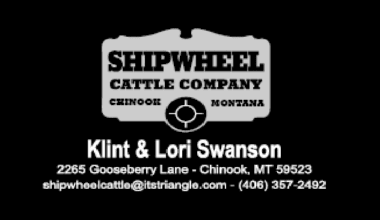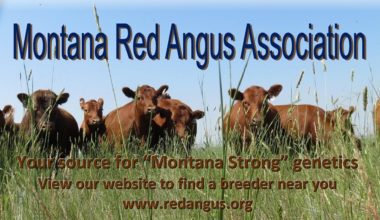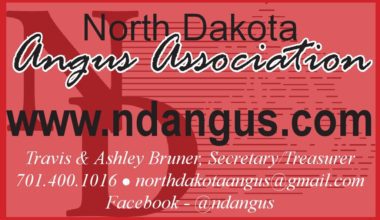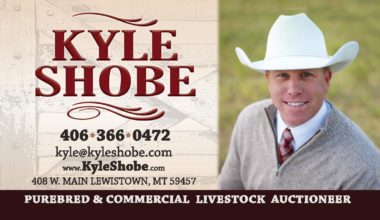Many farms and ranches are family owned and need tax policy that helps them stay in business.
The National Cattlemen’s Beef Association (NCBA) released a report on Oct. 8 analyzing data collected in a nationwide tax survey of America’s cattle producers. With the 2017 Tax Cuts and Jobs Act set to expire at the end of 2025, NCBA collected this survey data to better understand how key tax provisions, such as Death Tax relief and business deductions, impact family-owned cattle operations.
“When I was starting out in the ranching business, I saw the devastating impact of the Death Tax firsthand and this tax nearly killed my dream of ranching with my family,” says NCBA President and Wyoming rancher Mark Eisele. “This experience pushed me to fight for lower taxes on farms and ranches, and the data collected by NCBA shows that many other producers around the country have faced similar pressure from devastating tax bills too. I urge our policymakers to see the story this data is telling—that farmers and ranchers need lower taxes to stay in business and continue feeding the world.”
The respondents to the tax survey indicated that 99% operated family-owned farms or ranches and 64% were third-generation cattle producers or greater. Additionally, the survey showed strong support for provisions such the 1031 Like-Kind Exchange, Section 179 Expensing, Bonus Depreciation, and Section 199A Small Business Deduction. The data also showed that a quarter of respondents spend more than $10,000 annually for tax preparation, filing, and potential audits, all expenses that only add further pressure to agricultural operations.
“Farms and ranches are unique small businesses, and they face a variety of challenges that our tax code must address,” says NCBA Executive Director of Government Affairs Kent Bacus. “The survey data shows strong support for tax provisions that help cattle producers reduce their taxes and invest in essential assets for running a successful cattle operation. To protect our farming and ranching heritage, we need Congress to step up and back tax provisions that help cattle producers save more of their hard earned money and set up the next generation of cattle producers for success.”
Source: NCBA October 8, 2024
Photo: Maggie Malson

